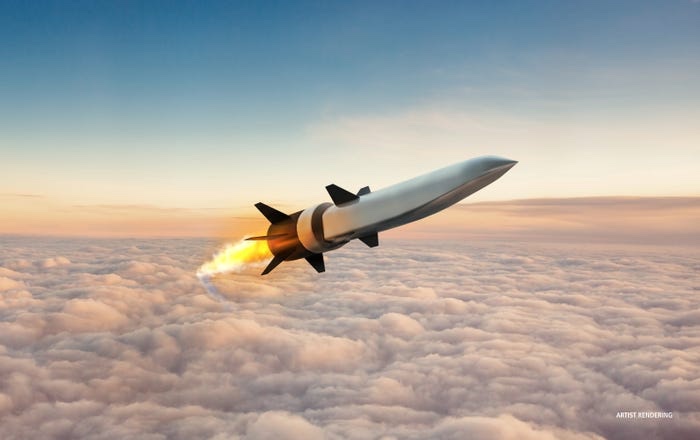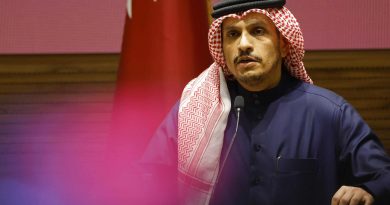U.S. concerned by possible Chinese, Russian uses of hypersonic weapons
Washington (Reuters) – Washington is concerned about hypersonic missile technology and its potential military applications by China and Russia, a U.S. arms control official said on Monday, after a media report that Beijing had tested a nuclear-capable hypersonic glide weapon.
Hypersonic weapons are usually defined as missiles that fly more than five times the speed of sound, and a race is under way for the next generation of long-range weapons that are harder to detect and intercept.
The Financial Times, quoting five people familiar with the matter, said at the weekend that China had tested a weapon in August that flew through space and circled the globe before cruising down towards a target which it missed.
The Chinese foreign ministry denied the report. It said it had carried out a routine test in July, but added: “It was not a missile, it was a space vehicle”.
The United States and Russia have both tested hypersonic weapons but U.S. disarmament ambassador Robert Wood said that Washington had concerns about their possible use.
“Hypersonic technology is something that we have been concerned about, the potential military applications of it and we have held back from pursuing, we had held back from pursing military applications for this technology,” he told a small group of reporters in Geneva.
“But we have seen China and Russia pursuing very actively the use, the militarisation of this technology so we are just having to respond in kind…We just don’t know how we can defend against that technology, neither does China, neither does Russia.”
Wood was referring to the difficulty of missile defence systems to track such high-speed weapons that can manoeuvre and evade shields intended to stop them from entering territory.
“The Russians have a hypersonic glide vehicle called the Avangard, one of their heavy ICBMs (inter-continental ballistic missiles),” Wood said. “We have known about (that). They have, in essence, it’s captured in the New START agreement (on nuclear arms reduction), it’s not quite developed yet.”
“But this type of technology is worrisome, because we just haven’t had to face it before,” he added.
Russia and China did not immediately respond to his comments.



